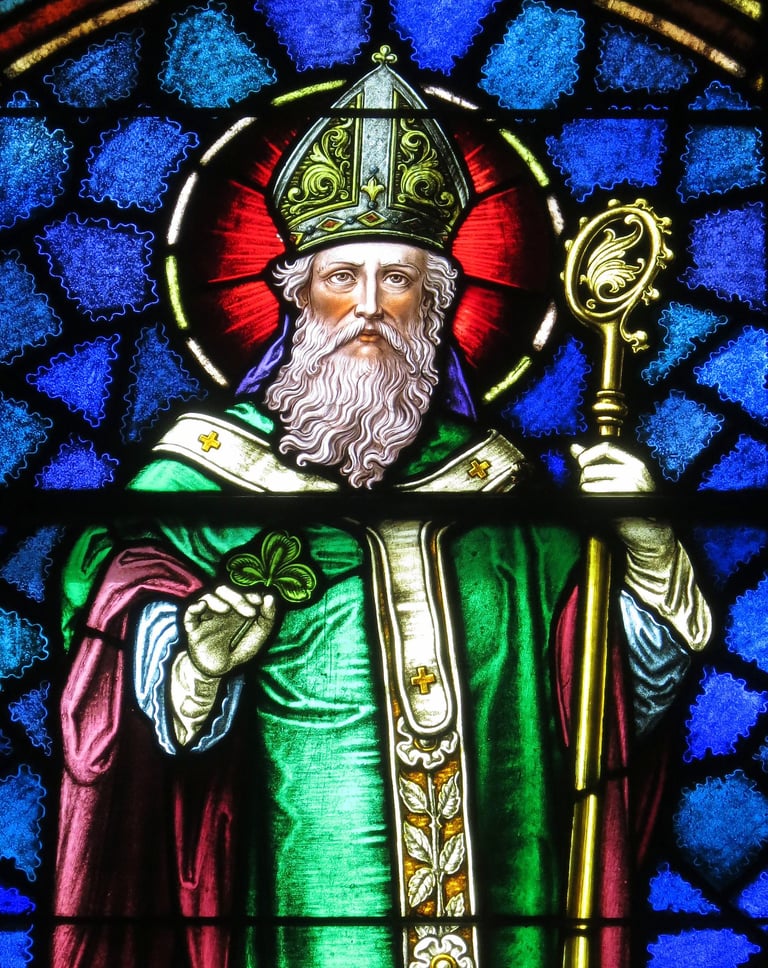The Brehon Laws of Ireland: The Law That Reigns For 1,200 Years
The Brehon Laws constituted ancient Ireland's enduring indigenous legal system, primarily based on customary judgments by Brehons, preserved orally through verse for centuries before early codifications like King Cormac's initiative around 250 and the "Great Book of Irish Law" in 441. These laws emphasized social hierarchy, proportional restitution for offenses, and maintaining communal harmony. Despite gradual replacement by English law by the 17th century, the Brehon Laws' remarkable 1,200-year longevity and detailed focus on restorative justice and social integration mark them as a profoundly influential historical example of pre-modern legal thought, offering insights for contemporary justice discussions.
The Brehon Laws represent the indigenous legal system of ancient Ireland, a sophisticated body of customary law that evolved over many centuries. Rather than relying on rigid statutes, these laws were rooted in the judgments of Brehons, who acted as highly respected legal scholars and arbitrators, resolving disputes based on established tradition and precedent. Initially, these complex legal principles were passed down orally from generation to generation, committed to memory through intricate rhythmic verse to ensure their accurate preservation and transmission. The first known attempt to codify these extensive oral traditions occurred around the year 250 under King Cormac, marking a significant transition towards written legal texts. Later, a major revision known as the "Great Book of Irish Law" emerged in 441, further consolidating and refining the legal framework. The core tenets of the Brehon Laws were deeply intertwined with the prevailing social hierarchy and focused heavily on defining proportionate consequences for wrongdoing, often emphasizing restitution and compensation rather than strict punitive measures, thereby aiming to restore social harmony.
Remarkably, the Brehon Laws persisted as the dominant legal system in Ireland for over 1,200 years, demonstrating an incredible resilience and adaptability. Even with the gradual encroachment of English law, particularly intensified from the 12th century onwards, elements of the Brehon system continued to be practiced in various forms until the 17th century when they were ultimately supplanted. While no longer in active use, their immense longevity and detailed articulation of societal norms make them one of the most compelling examples of ancient legal traditions. Their influence on modern law isn't necessarily through direct lineage into common law, which eventually replaced them, but rather as a powerful testament to the diversity and sophistication of pre-modern legal thought. The emphasis on restorative justice, the intricate system of compensation, and the embeddedness of law within social structures offer valuable historical insights and continue to spark discussions about alternative approaches to justice and community-based dispute resolution in contemporary legal discourse.


